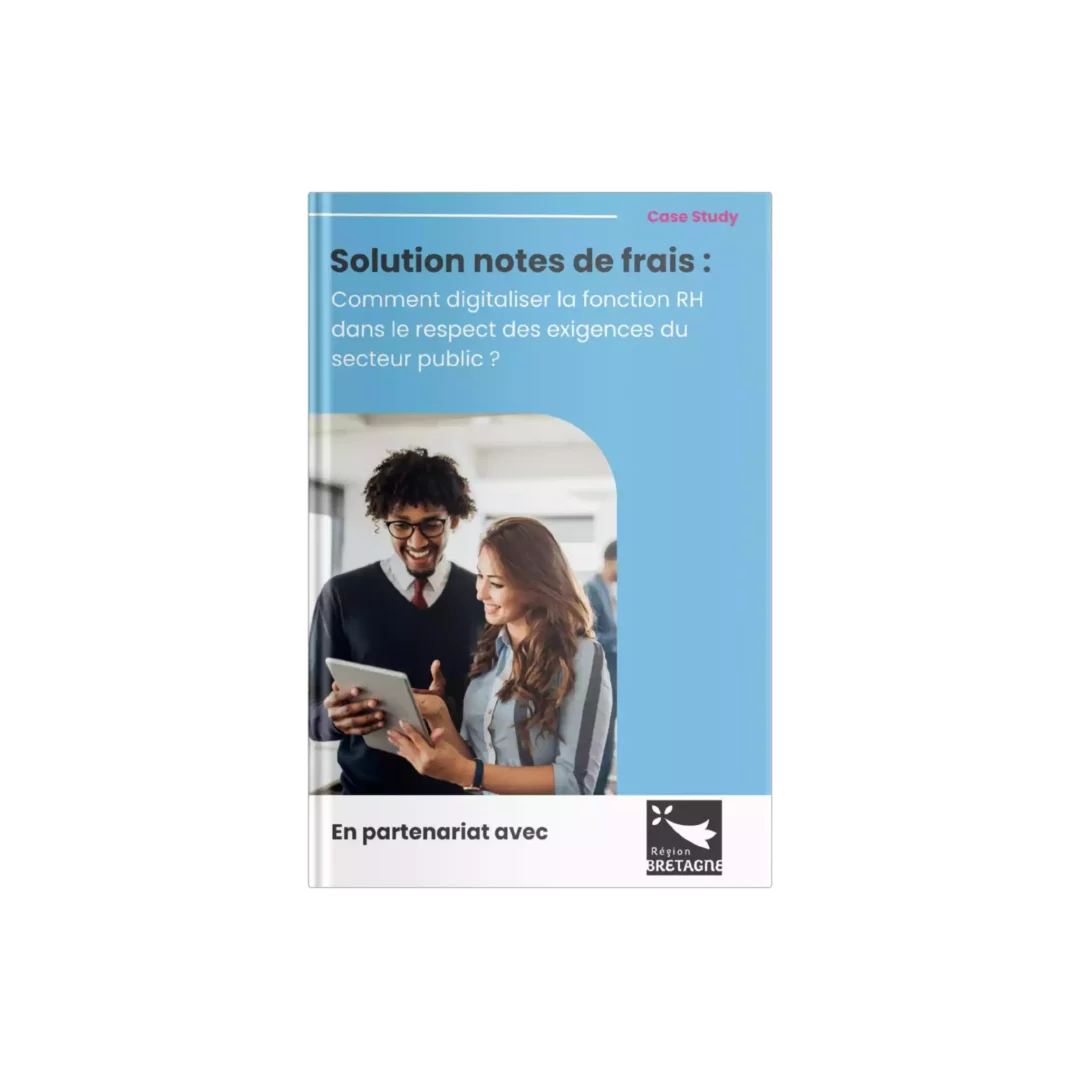The standing mission order (SMO) is an essential tool for companies and public authorities whose employees or agents regularly travel for professional reasons. It simplifies the administrative and financial management of these trips, while providing a clear and secure framework for the employees and agents concerned. This article gives you all the keys to understanding and mastering the SMO, from its definition to its use.
1. What is a standing mission order ?
A standing mission order is a written document that defines the conditions under which regular professional missions involving travel are carried out. Unlike a one-off assignment order, which relates to a specific trip, the SMO covers a fixed period, generally one year. This means that the employee does not need to request authorisation for each trip, which considerably simplifies administrative procedures.
The SMO is governed by the French Labour Code for private companies (articles L. 212-4 et seq.) and may be supplemented by specific provisions set out in collective agreements. For public administrations, the SMO is governed by Decree no. 92-566 of 25 June 1992. In both cases, it is a genuine contract between the employer, the public authority and the employee or agent, setting out the rights and obligations of each in terms of business travel.
2. Why use a standing mission order ?
The SMO offers a number of advantages, both for the employer and for the employee or civil servant :
For the employer :
- Administrative simplification : the SMO eliminates the need to draw up a mission order for each trip, thus reducing the workload for the human resources department.
- Legal certainty : the SMO provides a framework for business travel and protects the employer’s interests in the event of a dispute (workplace accident, disputed expenses, etc.).
- Cost control : the SMO makes it possible to budget for travel costs and control expenditure more effectively.
For the employee or civil servant :
- Autonomy : the OMP gives employees or agents a certain amount of freedom in organising their travel, without having to ask for systematic authorisation.
- Clarity : the SMO specifies the costs covered by the employer, thus avoiding misunderstandings and unpleasant surprises.
- Legal certainty : the SMO guarantees that the employee’s business expenses will be covered and protects the employee in the event of a work-related accident while travelling.

3. How do you draw up a standing mission order ?
The SMO must be drawn up in writing and include the following compulsory information :
- The identity and contact details of the employer and employee or civil servant.
- The nature of the assignment and the employee’s or civil servant’s duties.
- The geographical area covered by the SMO (town, department, region, country).
- The period of validity of the SMO (maximum 12 months).
- How business expenses are reimbursed (mileage scales, flat-rate allowances, reimbursement ceilings, etc.).
- Conditions for use of personal vehicle (if applicable).
It is advisable to have the SMO validated by the employee and to give him/her a signed copy.
4. What costs are covered by a standing mission order ?
The SMO must specify the types of expenses covered by the employer. The most common expenses are :
- Transport costs : train or plane tickets, fuel costs, tolls, parking, mileage allowances (€0.58 per km in 2023 for a 5 CV vehicle).
- Accommodation costs : hotel nights, flat rental, breakfast.
- Meal expenses : meals in restaurants or takeaways, flat-rate allowances (€15.50 in 2023 for one meal).
- Other expenses : visa fees, vaccinations, laundry (if justified).
Non-business expenses (personal expenses, fines, etc.) are not covered by the employer.
4. How do I get reimbursed for expenses incurred ?
The employee or civil servant must provide his employer with proof of the expenses incurred (invoices, receipts, etc.) within a reasonable period of time (generally one month). The employer must reimburse the expenses within a maximum of one month, unless otherwise agreed. Reimbursement may be made by bank transfer, cheque or cash.
To make it easier to track expenses and reimburse expenses, there are expense management tools and software, such as Vertical Expense. This solution enables the company to frame and monitor each assignment by linking the types of expenditure and authorised ceilings over the predefined period of the assignment. All employees or agents have to do is enter their expenses in real time, attach supporting documents and submit their expense reports in just a few clicks.
5. What are the risks of not following the rules ?
Failure to comply with OMP rules can have legal and financial consequences for both the employee or civil servant and the employer.
For the employee or civil servant :
- Disciplinary sanctions : Failure to comply with SMO rules may be considered professional misconduct, which may result in disciplinary sanctions ranging from a warning to dismissal for serious misconduct, depending on the seriousness of the breaches and their repetition.
- Refusal to reimburse expenses : The employer may refuse to reimburse the expenses incurred by the employee or civil servant if they are not justified, do not comply with the ceilings set by the OMP, or if the supporting documents are not provided within the allotted time.
- Reimbursement of sums unduly received : If the employee or civil servant has received undue sums under the OMP, he or she may be required to reimburse the employer.
For the employer :
- URSSAF reassessment : URSSAF can reclassify reimbursements of business expenses as salary if it considers that the SMO rules have not been complied with, resulting in additional social security contributions for the employer.
- Tax reassessment : The tax authorities may also reclassify reimbursements of business expenses as salary, which means additional tax for both the employer and the employee.
- Late payment penalties : If the employer fails to reimburse business expenses within the statutory or contractual time limits, it may be ordered to pay late payment penalties to the employee.
- Damages : In the event of damage suffered by the employee as a result of non-compliance with OMP rules, the employer may be ordered to pay damages.
6. Amendments and cancellations of standing mission orders
The standing mission order is not set in stone and may change according to the needs of the company, the public administration and the employee or agent. The SMO may be amended at any time by mutual agreement between the two parties. These changes may concern the geographical area covered, the period of validity, the terms and conditions for reimbursing expenses, etc. It is essential to formalise these changes in writing, either by an amendment to the initial SMO or by a new SMO.
Similarly, the SMO may be cancelled at any time, either by agreement between the employer and the employee or civil servant, or unilaterally by the employer, provided that reasonable notice is given and that the decision is justified.
The Standing Mission Order (SMO) is much more than a simple administrative formality. It is the guarantee of a balanced and transparent working relationship, where business travel becomes a lever for performance. For companies whose DNA is movement, such as the media, consultancies or homecare services, the SMO is an essential compass. It provides a framework for missions, clarifies responsibilities and controls costs, while offering employees greater visibility and security.
When combined with expense management software such as Vertical Expense, SMO becomes the key to seamless expense management. Gone are the days of errors and oversights, replaced by automation, traceability and peace of mind for all concerned.








